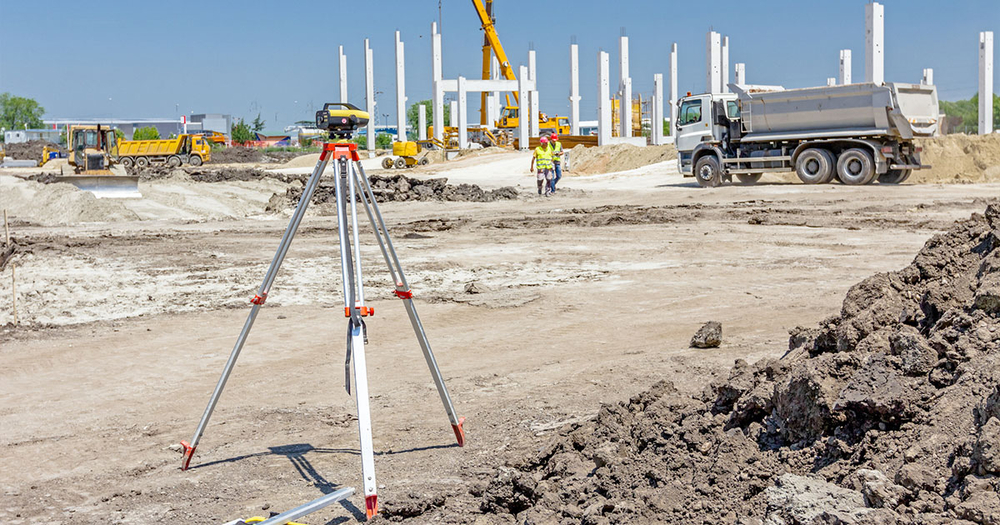When considering the purchase of a home, comprehending the condition of the property is vital for making an informed decision. This is where Level 2 surveyors come into play, providing expertise that can guide homebuyers prevent expensive mistakes. A Level 2 home survey delivers a detailed analysis of a property's condition, centering on the structural elements and detecting potential issues that may not be apparent right away. For new buyers, this can be a crucial step in navigating the intricacies of the homebuying journey.
In this manual, we will examine what a Level 2 home survey includes, how it varies from other types of surveys, and when it is recommended to obtain one. From frequent problems spotted by surveyors to interpreting the results of your survey report, we will provide you with the information needed to make a certain choice. By the final point, you'll grasp not only the value of a Level 2 survey but also how it can empower you in negotiations and ultimately protect you money.
Grasping Level Two Home Surveys
A Level 2 home survey, also known as a Residential Buyer Report, is a thorough inspection customized for future homebuyers. It provides a comprehensive assessment of the property's condition, drawing attention on any significant structural issues, repairs needed, or possible risks. This type of survey is generally more thorough than a Level 1 survey, making it appropriate for standard homes in reasonable condition, but not as detailed as a Level 3 survey, which is designated for properties that may require thorough investigation.
The Level 2 survey covers a wide range of aspects within the property, including the roof, walls, floors, fenestration, and services such as plumbing and electrical systems. level 2 surveys and provides an appraisal of their likely consequences on the property value and safety. This report is especially valuable for new buyers who may not be acquainted with the subtleties of property condition, enabling them to make wise decisions before purchase.
Additionally, understanding what is included and excluded in a Level 2 survey is crucial for buyers. While it provides detailed insights into the property's condition, it does not generally include a valuation or offer advice on the price of the property. Buyers should also be aware that any unreachable areas may not be inspected, and it's suggested to prioritize a survey to avoid unexpected expenses after the purchase.
Benefits and Drawbacks of Level 2 Surveys
Level 2 surveys present numerous advantages for homebuyers, particularly those buying older properties or those that may have concealed defects. One of the primary advantages is the comprehensive assessment of a home’s condition, which includes a visual inspection and in-depth reporting on issues such as dampness, roof damage, and structural integrity. This carefulness can enable buyers with knowledge, allowing them to make knowledgeable decisions and possibly negotiate better purchase prices according to the findings.
However, there are risks involved with opting for a Level 2 survey as well. For certain buyers, the cost may seem significant, leading them to question whether the investment is justified. It is crucial to balance the potential costs of repairing hidden issues against the survey cost. Additionally, while Level 2 surveys are generally detailed than basic inspections, they do not address every aspect or guarantee an exhaustive analysis; thus, certain issues may remain hidden despite a Level 2 assessment.
In making the choice to move forward with a Level 2 survey, buyers must weigh both the potential benefits and risks. While the survey provides important insights that can prevent future headaches and financial losses, there is also the chance of discovering significant issues that could dissuade a buyer from proceeding with the purchase. Ultimately, comprehending these dynamics can lead to a much confident and informed homebuying experience.

Choosing the Suitable Evaluator
When it comes to selecting a Grade 2 evaluator, credentials and expertise should be your top priority. Look for evaluators who are registered with a well-known professional body, such as the RICS. This association ensures that they adhere to industry standards and regulatory guidelines. Additionally, take into account their expertise with homes similar to your own, as community knowledge can significantly influence the depth of the survey.
It is also essential to ask potential evaluators specific questions about their approach and what they will examine in specificity. A reliable evaluator should be receptive to discussing what their inspection will entail, which includes any equipment or methods they will use. Seek out recommendations or feedback from previous clients to measure their satisfaction level and find out how well the surveyor presents findings. Effective communication can make a huge difference in comprehending the survey results.
In conclusion, don’t forget to bring up cost at the outset. While cost should not be the sole determining factor, being transparent about charges can help steer clear of any unexpected expenses. Obtain a detailed quote that details the fees and includes any supplementary services they may include, such as subsequent meetings or consultation on fixes. Being well-informed will ensure that you pick a evaluator who will deliver a comprehensive and precise assessment, which will aid your real estate transaction.
